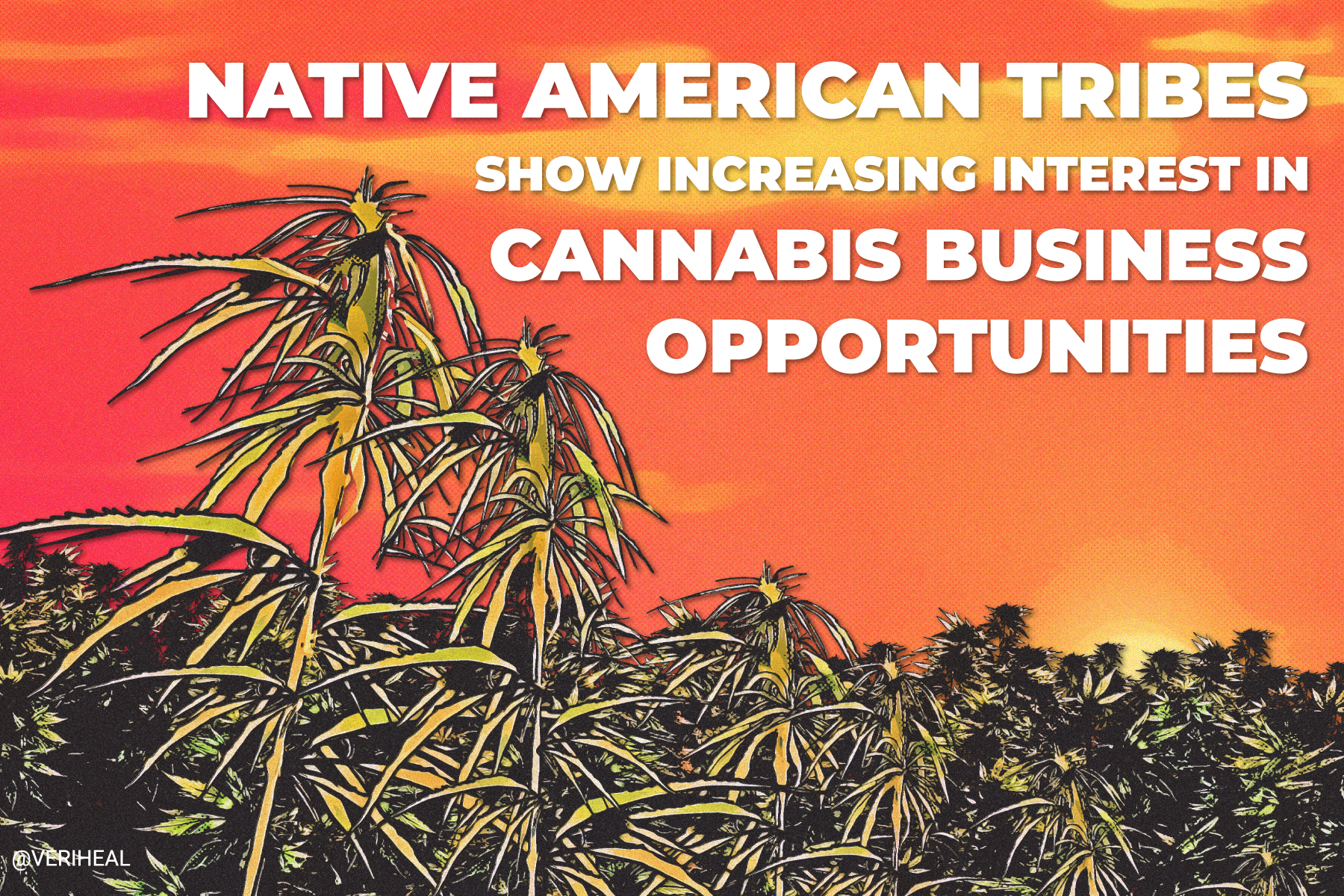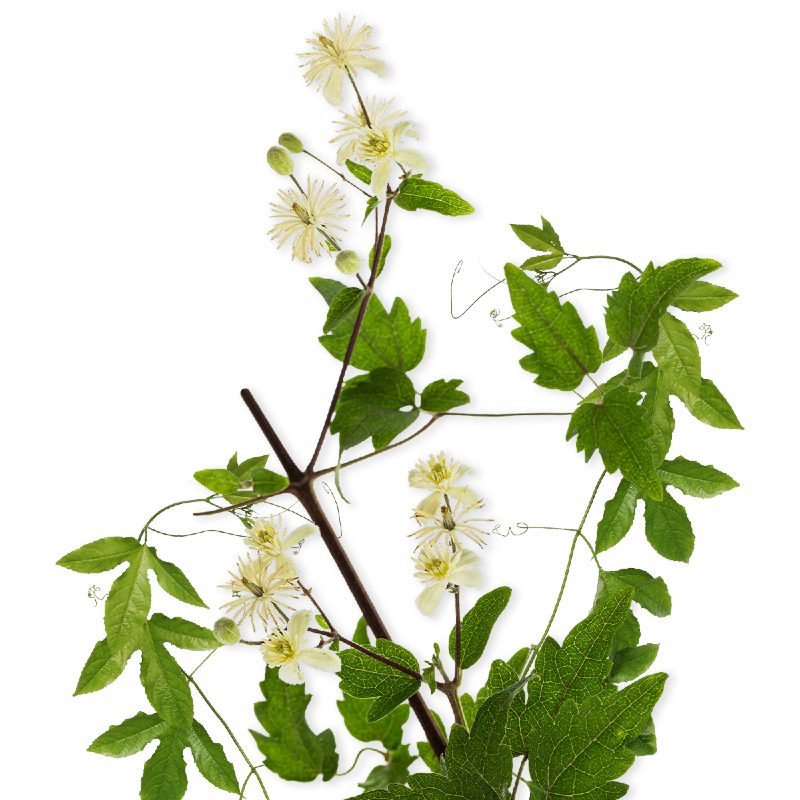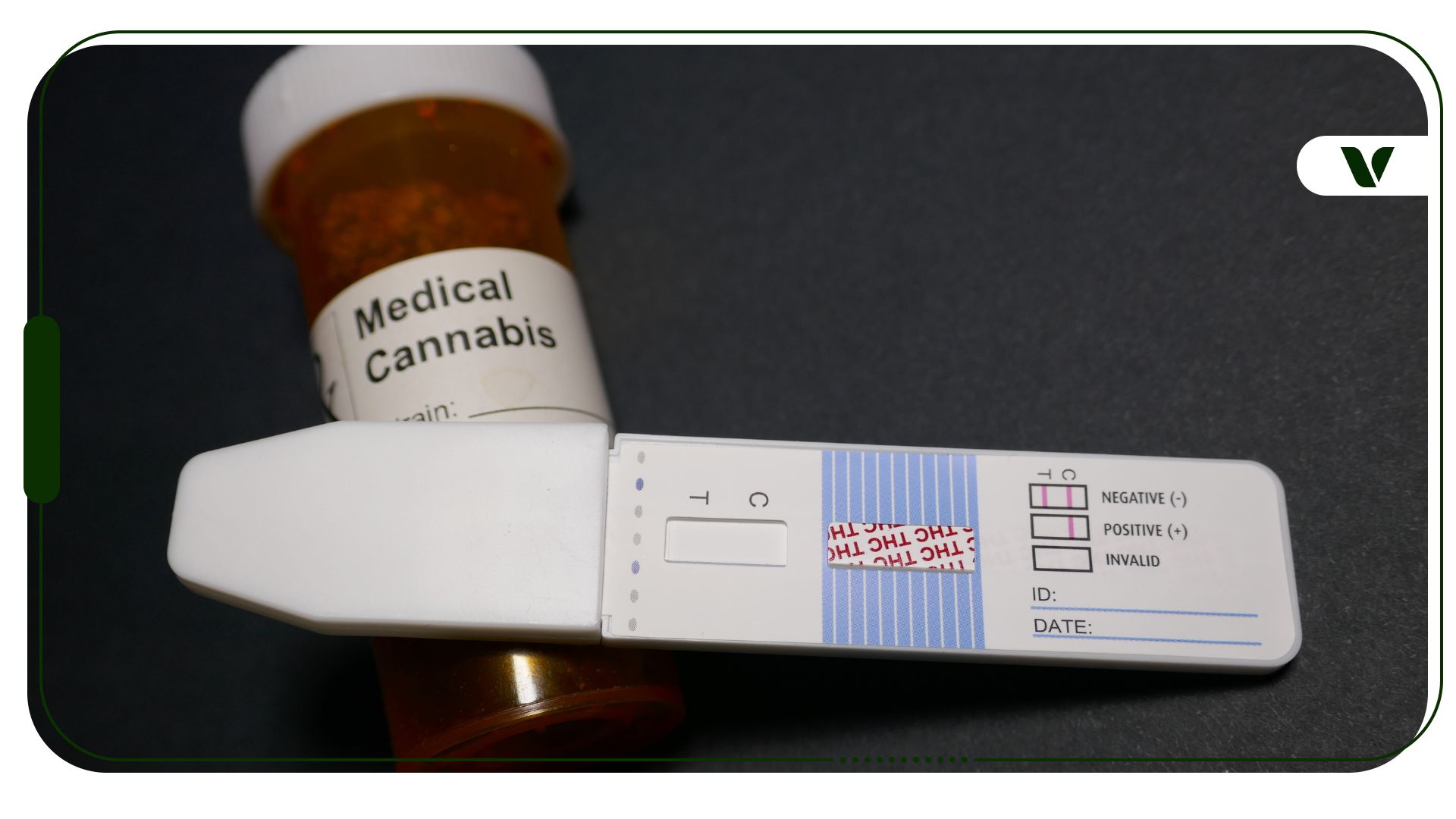Native American tribal communities are becoming increasingly interested in the legal cannabis sector. Historically renowned for their unique culture and traditional way of living, Indigenous communities are progressively learning how to take advantage of cannabis, which is emerging as a popular cash crop across the United States and beyond.
Indigenous tribes have played an important role in stewarding the land across the continent for countless generations. Now, it’s high time that the tribes claim their slice of the lucrative adult-use cannabis industry “pie” that generated $2.1 billion in tax revenue across legal states last year.
Recent reports show that more tribes in the U.S. are getting involved in the swelling market, which analysts from Flowhub valued at $61 billion in 2020. Mainly, the partnerships focus on harnessing the power of tribal medicine from their ancestral origins.
Not only will the collaborations assist Indigenous tribes in earning a substantial amount of extra income, but they will also help to eliminate the stigma that has long-prevented entrepreneurial relationships from blossoming between Indigenous groups and the cannabis and hemp industries.
Cannabis Legalization Initially Left Indigenous Tribes Feeling Outcast
Although a fairly new prospect, legal cannabis has already left its mark on indigenous tribes. In fact, many tribal-owned cannabis and hemp brands are already leaving a lasting footprint on the industry regardless of the regulatory hurdles (such as licensing predicaments and local limitations) that still stand in their way.
However, the road has not been without speed bumps. After all, many tribes were unfairly cast aside when U.S. lawmakers started easing cannabis restrictions. For example, Native American tribes were exempt from the 2014 Farm Bill, which legally enabled U.S. states to launch hemp pilot programs.
Even when the 2018 Farm Bill was passed—a law that federally legalized hemp crops—tribes were left waiting for USDA regulations to be hashed out so that they could commence with the establishment of hemp programs. This meant that other businesses were able to form their own hemp agriculture businesses and gobble up an envious amount of the market share.
Although Turtle Island—an island located in the western portion of Lake Erie—already boasts a handful of Indigenous-owned retail stores, grow sites, testing laboratories, and CBD companies, U.S. tribal communities still have a long way to go. Canada is also facing an uphill battle, with a mere 5% of the country’s cannabis business owners identifying as Indigenous as of September 2021.
Shinnecock Nation Paves the Way for Indigenous-Owned Cannabis Businesses
Of all the U.S. tribal communities that are harnessing the power of cannabis, the Shinnecock Nation is without a doubt one of the most influential. On Monday, Aug. 16, Tribal Chairman Bryan Polite announced that members had approved two bills that will effectively set the wheels in motion for a robust cannabis industry.
One of those measures was approved with a vote of 114-30. This vote means that the tribe can implement the legal framework for an ordinance that will permit recreational cannabis licensing for an Indigenous-owned and -operated company. A separate measure that will enable tribal community members to apply for unique licenses and cultivate for legal sale was approved with a vote of 94-50.
“It’s a good first step to see if the community wanted to move forward with licensing for recreational sales,” Polite told reporters, adding that he is hopeful about the tribe’s capability to carry out specific duties (pertaining to the necessary ordinances) for each initiative to progress.
Polite noted that the Indigenous cannabis business would function under the Little Beach Harvest name. This tribal business entity is also assuming the responsibility of providing oversight for the imminent launch of a distinct medicinal cannabis business.
Chenae Bullock, managing director of Little Beach Harvest and member of the Shinnecock Nation, stated:
“Building partnerships as a tribal business takes work on creating change on how tribal communities are viewed. For far too long, we have been purposely hidden and talked about in the past tense, making it a challenge for many to see we are leaders in what we set forth in. Once that view changes, we are looked at as equal partners and business can thrive.”
Collective Efforts Contribute to the Growth of Tribal Cannabis
One specific organization is stimulating a serious wave of change for the tribal cannabis landscape in the U.S.—the Native American Cannabis Alliance (NACA). This endeavor was made possible thanks to a collaborative effort between Tim Houseberg, executive director of Cherokee Nation-located Native Health Matters Foundation, and Everscore, the world’s first-ever direct-to-consumer THC and CBD product marketplace.
A recently published press release confirmed that NACA had inked three memorandums of understanding with Indigenous farmers from the Arapaho, Cheyenne, and Mohawk Tribal Nations. The agreements will contribute to the establishment of more than 500,000 acres of Indigenous farmland, as well as workforce development and the creation of cannabis manufacturing campuses.
Moreover, NACA’s memorandums of understanding will secure off-take agreements by brands that sell their products on the Everscore online marketplace. “In order for us to be competitive, we had to make it a collaborative, inclusive, sustainable ecosystem,” said Everscore Chief Executive Officer Jeff Sampson during an online cannabis marketplace event with the NACA.
Some other tribal-focused cultivation efforts include Red Market Brand, Native Seed Co., and La Vida Ranchera. In addition to this, an ever-expanding list of tribal cannabis businesses is already operating in the cannabis retail space, such as Agate Dreams on the Port Madison Indian Reservation and Elwha Peaks on S’Kllalam land in Port Angeles, Washington.
While the future of federal cannabis reform remains unclear, one thing is for sure: Tribal communities want in on this investment-centric industry. If they continue taking steps in the right direction, the stigma can be abolished, and tourists will have yet another reason to descend upon Indigenous lands.
Author, Share & Comments











